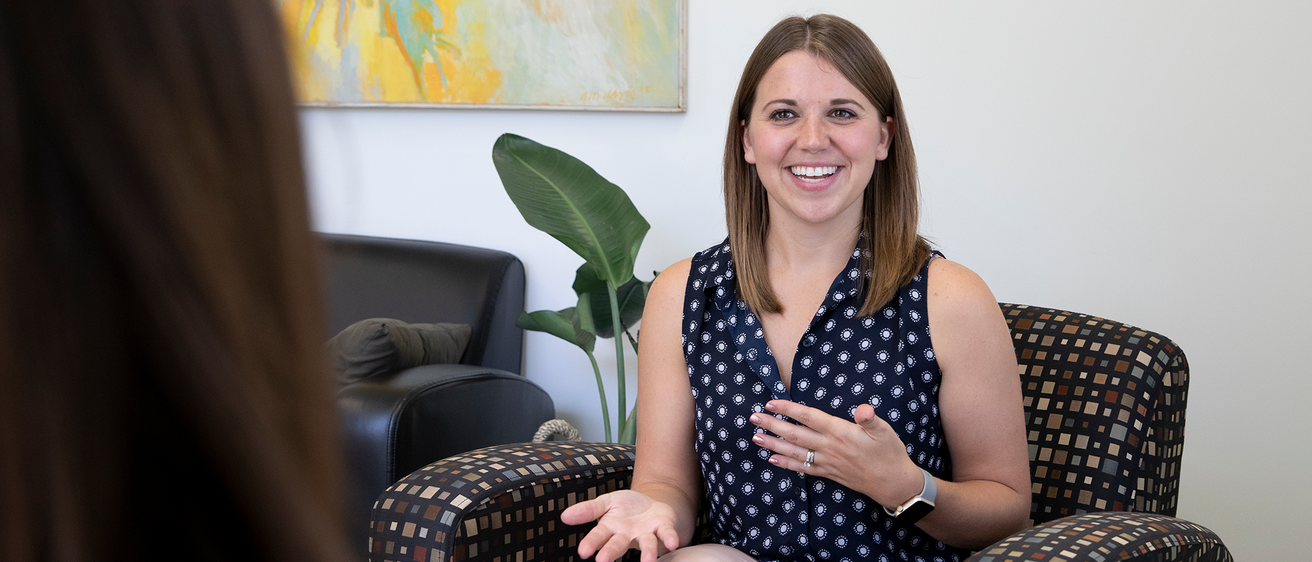Main navigation
Hands-on training for future mental health professionals
Our clinical science program aims to reduce the burden of mental illness and improve public health by producing the next generation of leading clinical researchers who share three intertwined characteristics.
Learning outcomes
First, students in the program conduct research that advances the understanding, assessment, and treatment of psychopathology as well as identifies factors that may influence health behaviors and coping, all with the ultimate aim to improve physical and mental health.
Research may also examine bidirectional interactions between mental and physical health. Such research can be conducted in a wide variety of settings, ranging from academic and medical-center contexts to service-provision, school, and public-policy contexts.
Second, students apply evidence-based methods to address behavioral-health problems. And third, students disseminate clinical science through publishing, teaching, training care providers, developing and evaluating programs of care, or contributing to public policy. We emphasize training experiences that integrate research, application, and dissemination.
Our program
All faculty mentors in the Department of Psychological and Brain Sciences can supervise PhD students through the individualized graduate training track. Upon entering the program, students form a research advisory committee that consists of the faculty mentor and two other faculty members with relevant expertise.
The research advisory committee meets with the student at least once a semester until the student has formed a comprehensive exam committee. In consultation with the research advisory committee, students develop a coursework plan that at minimum includes two statistics courses and four other courses.
Students may also elect to take additional courses that are especially relevant to their research goals. In addition to coursework, all students in the PhD program must complete a first-year project, which they present at the departmental graduate research symposium during their second year. All students also complete the comprehensive exam, which can be designed based on any of the available comprehensive exam models in the department. All students must also complete and defend a doctoral dissertation.
The individualized track may also meet the needs of students interested in experimental psychopathology without wanting to enter the clinical science (CS) program. This means that the student would not engage in supervised clinical work (applied practica) or the year-long clinical internship that the CS program requires. Thus, although such students would not be able to engage in clinical practice or be clinically licensed, the students would receive excellent training in experimental psychopathology as a platform for a future research career in this domain. Students who are interested in this type of individualized track training in experimental psychopathology may view some sample curricula here [links]. If you would like more information on the differences between this individualized track approach and the traditional CS training, please contact Dr. Anne Zhang (ke-zhang@uiowa.edu).
Accreditation
Our program is accredited by the Psychological Clinical Science Accreditation System (PCSAS), which aims to advance the training of clinical scientists who both “generate new knowledge relating to mental health and use this knowledge to advance public health.” Our program is accredited by PCSAS until 2031. Our accreditation by PCSAS attests to our success in producing graduates who produce, apply, and disseminate clinical science. We have also been continuously accredited by the Commission on Accreditation of the American Psychological Association (APA) since 1948. Our program is accredited by APA until 2028.
Future accreditation
The University of Iowa Clinical Science program strongly values providing students with high-quality scientific training that fully integrates research and application/practice activities. We plan to seek reaccreditation from APA by submitting our next renewal application in 2027. However, after that process, the program will consider whether to be accredited solely by PCSAS. Regardless of this decision, we will remain committed to placing students in the best internships, postdoctoral positions, and research-oriented career opportunities. We also will maintain our emphasis on training clinical scientists who approach psychological problems from an evidence-based perspective and who integrate interdisciplinary approaches into their work.
Prospective graduate students
The following faculty are recruiting new clinical science students for Fall 2026: Teresa Treat, Isaac Petersen, Emily Thomas, and Molly Nikolas
The following faculty may or may nor recruit new clinical science students for Fall 2026: Dan Tranel
The following faculty are not recruiting new clinical science students for Fall 2026: Bengi Baran, Bruce Baratholow, Susan Lutgendorf, Ece Demir-Lira, and Jodie Plumert
All interested students are strongly encouraged to contact prospective mentors to learn more about how their research interests fit within the prospective mentor’s lab and the clinical science program more broadly.
For general questions about the clinical science program, please contact Dr. Molly Nikolas at molly-nikolas@uiowa.edu.
Student Admissions, Outcomes, and Other Data (updated September 2025)
Iowa Psychology Licensure Consumer Disclosures (updated September 2025)
Faculty in clinical science

Bengi Baran
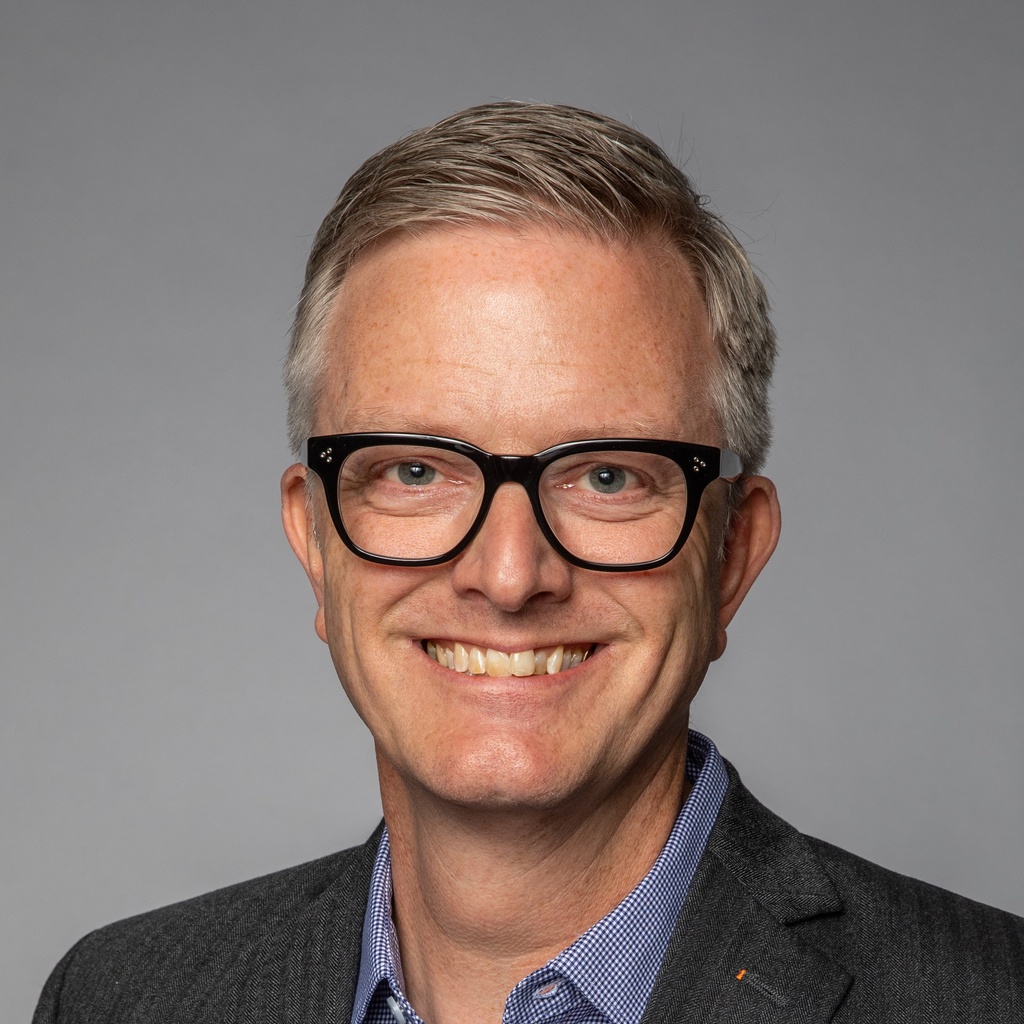
Bruce Bartholow
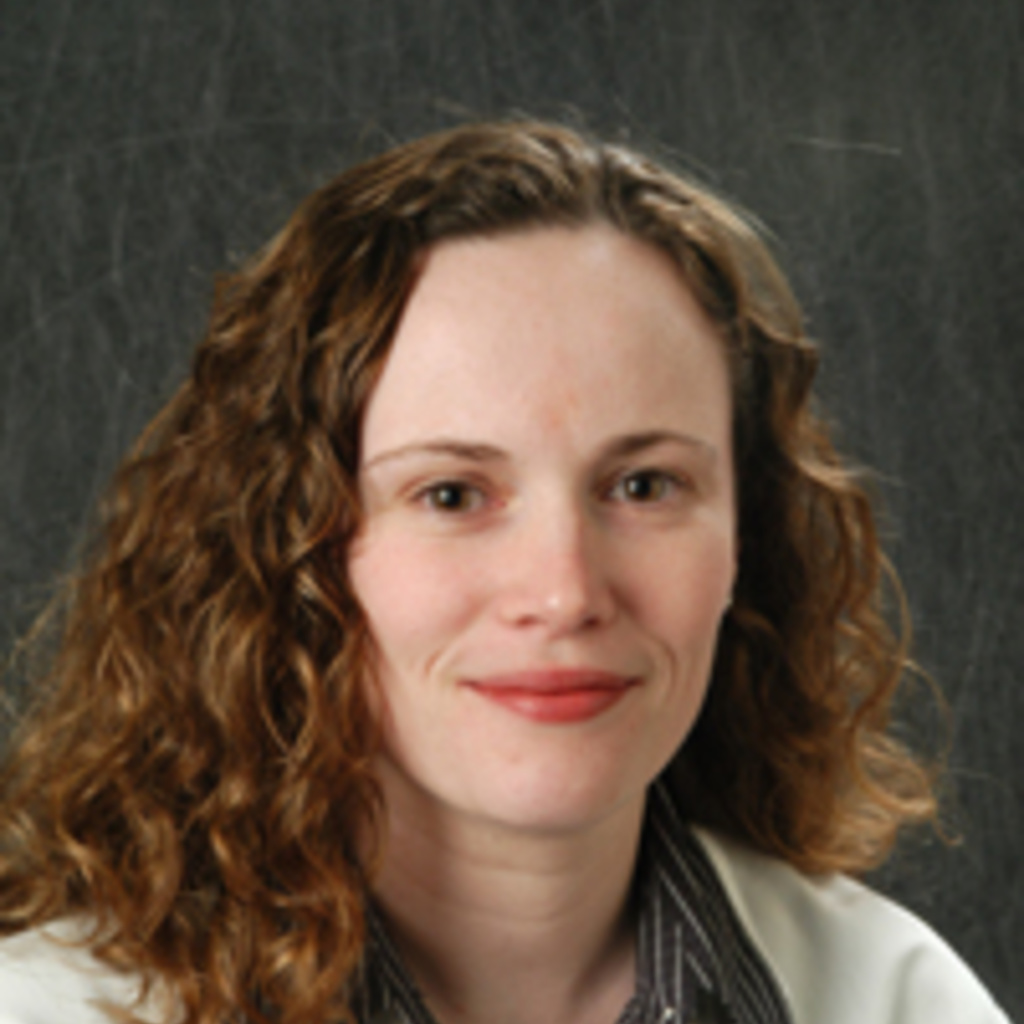
Natalie Denburg

Susan Lutgendorf
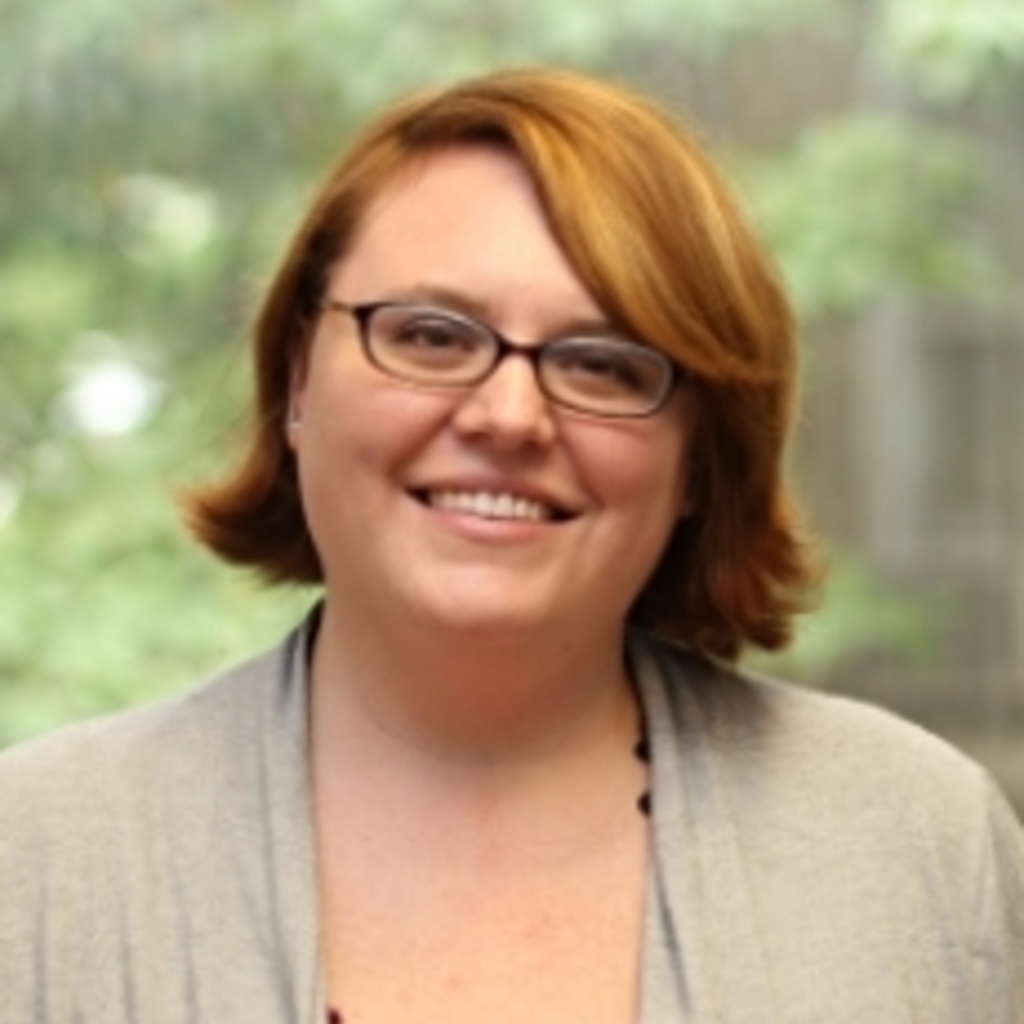
Molly Nikolas
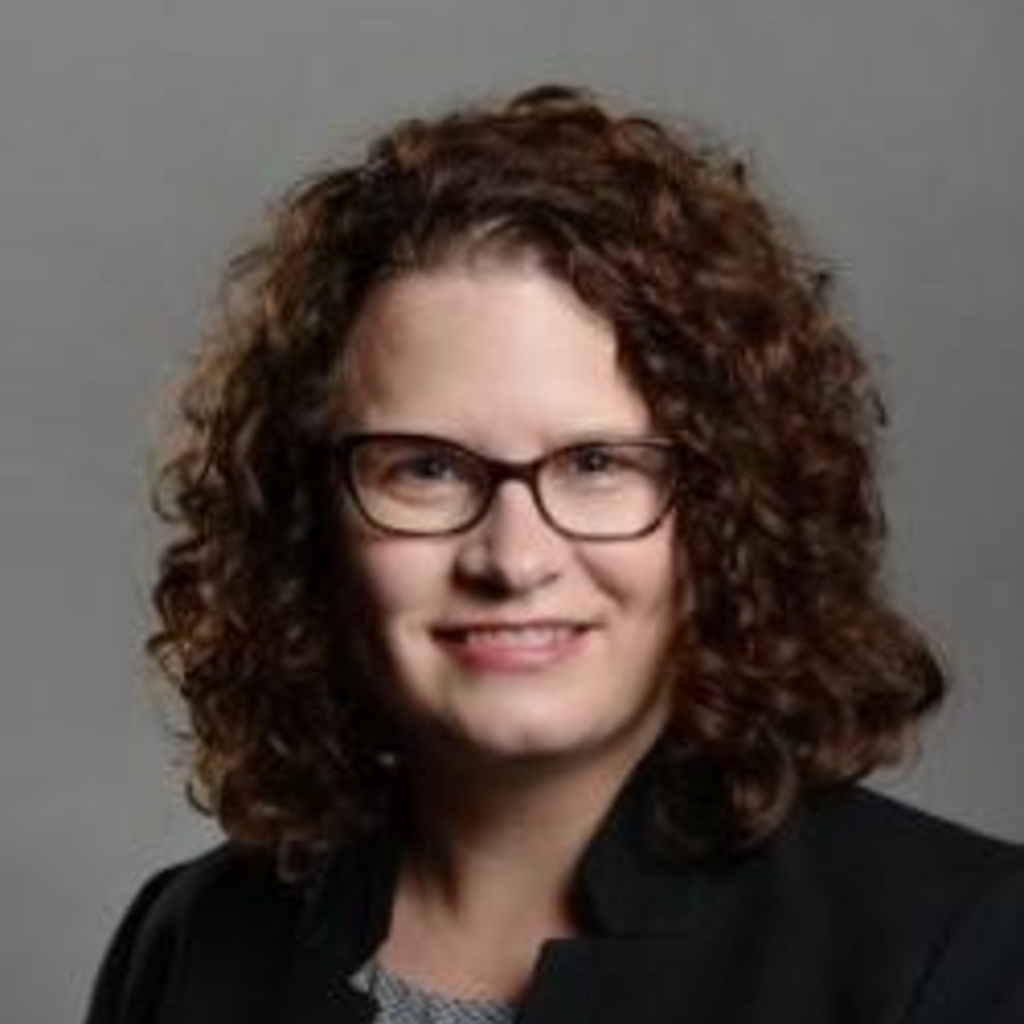
Susan O'Neill

Isaac Petersen

Jodie Plumert
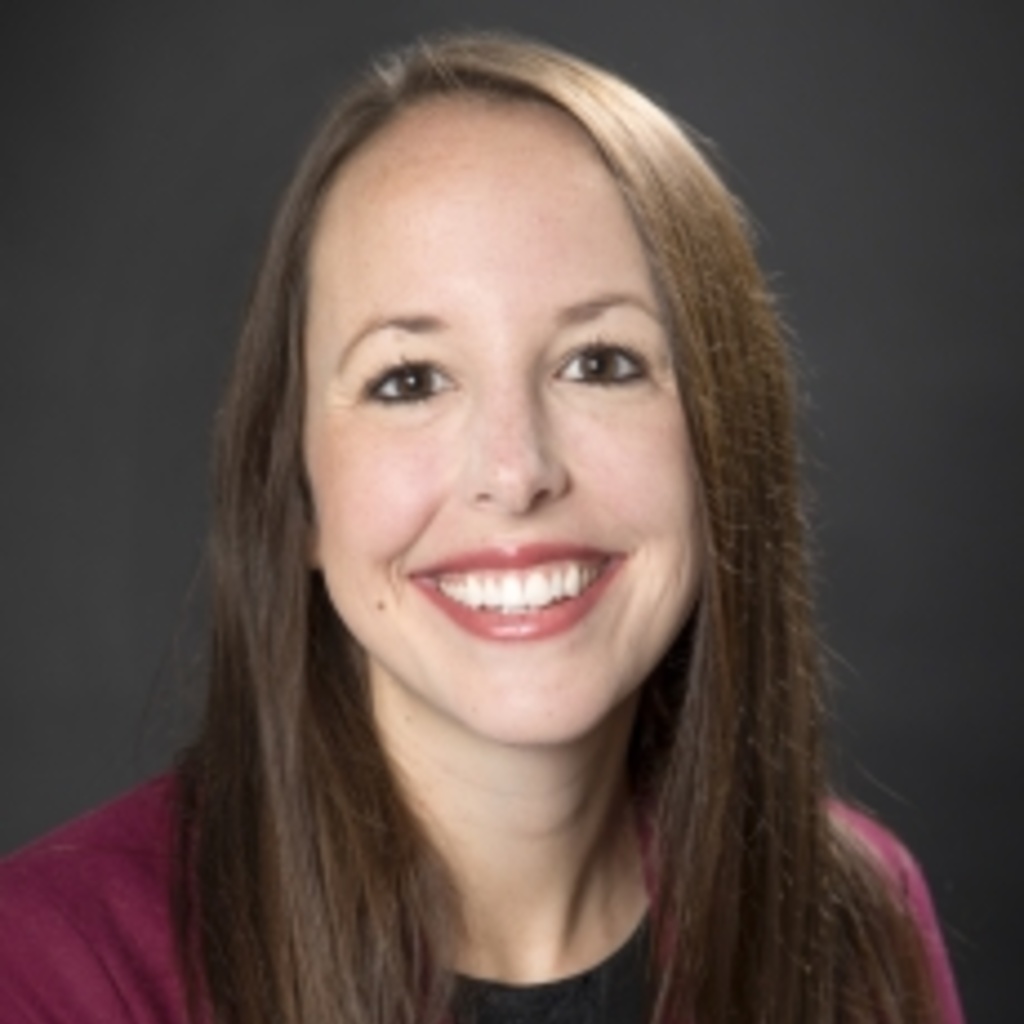
Emily Thomas

Daniel Tranel
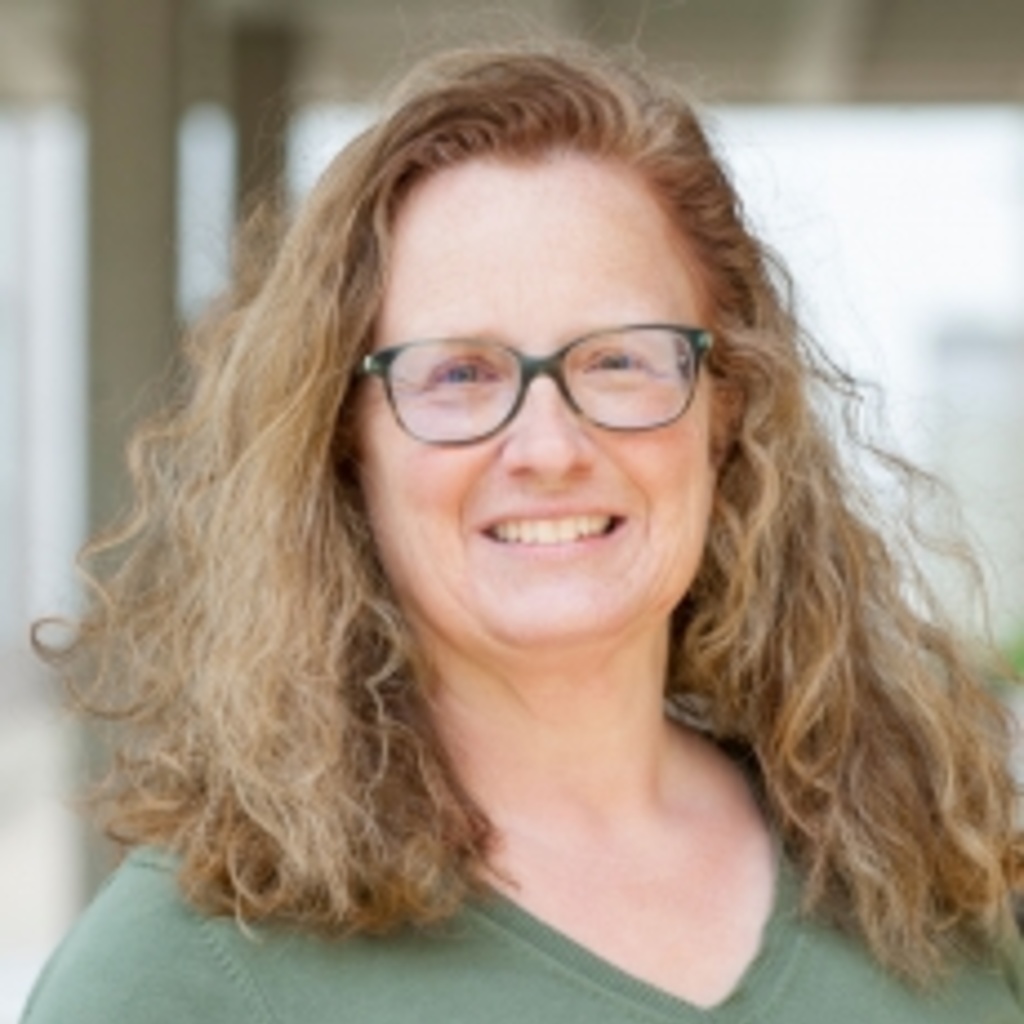
Teresa Treat

Michelle Voss
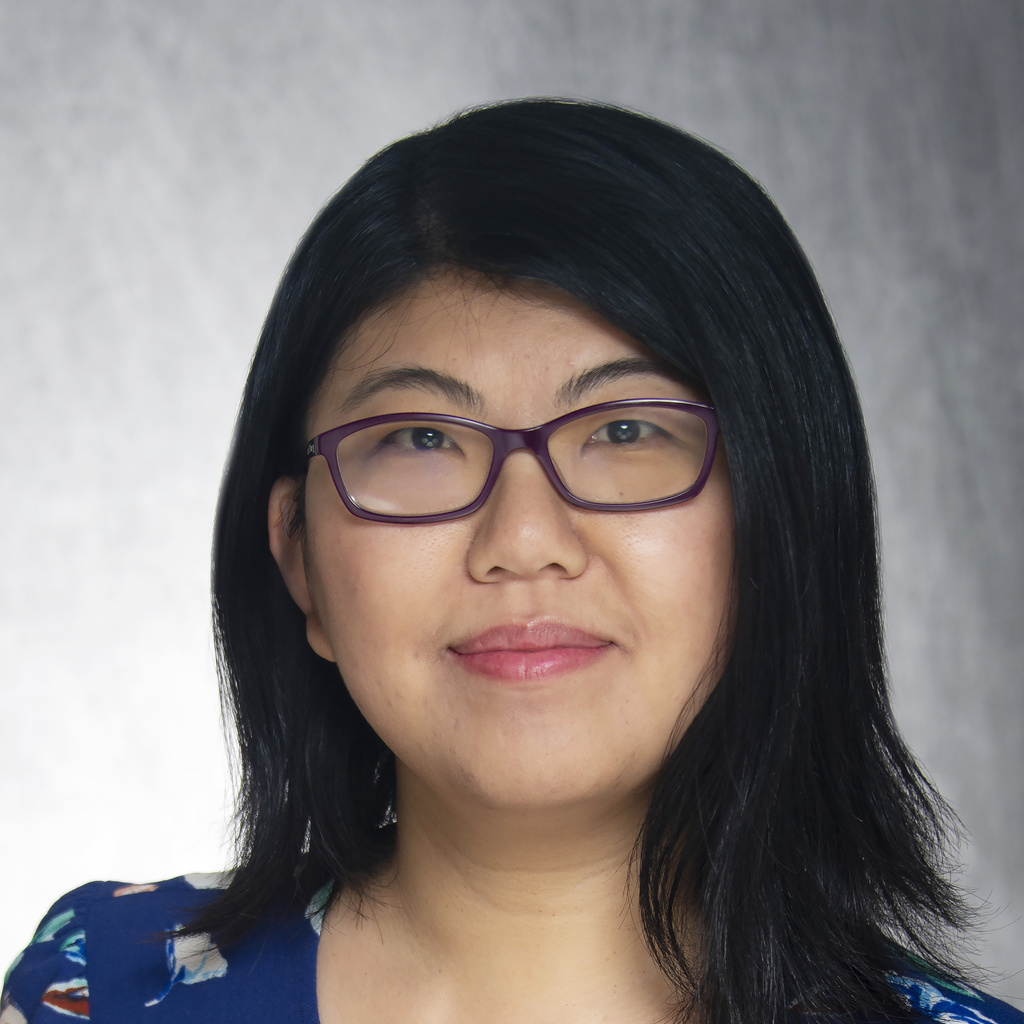
Anne Zhang
For information about the accreditation of our clinical science program, contact:
Office of Program Consultation and Accreditation
American Psychological Association
750 First Street, NE
Washington DC, 20002-4242
TEL: 202-336-5979
Alan G. Kraut, Executive Director
Psychological Clinical Science Accreditation System (PCSAS)
1800 Massachusetts Ave NW, Suite 402
Washington, DC 20036-1218 USA
(301) 455-8046
akraut@pcsas.org
